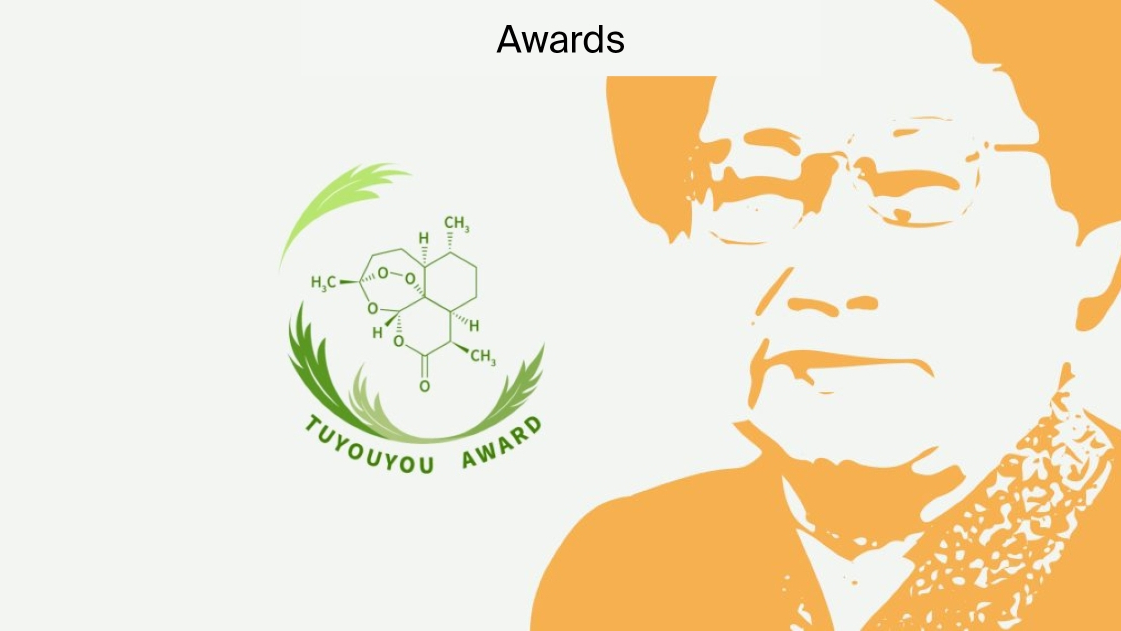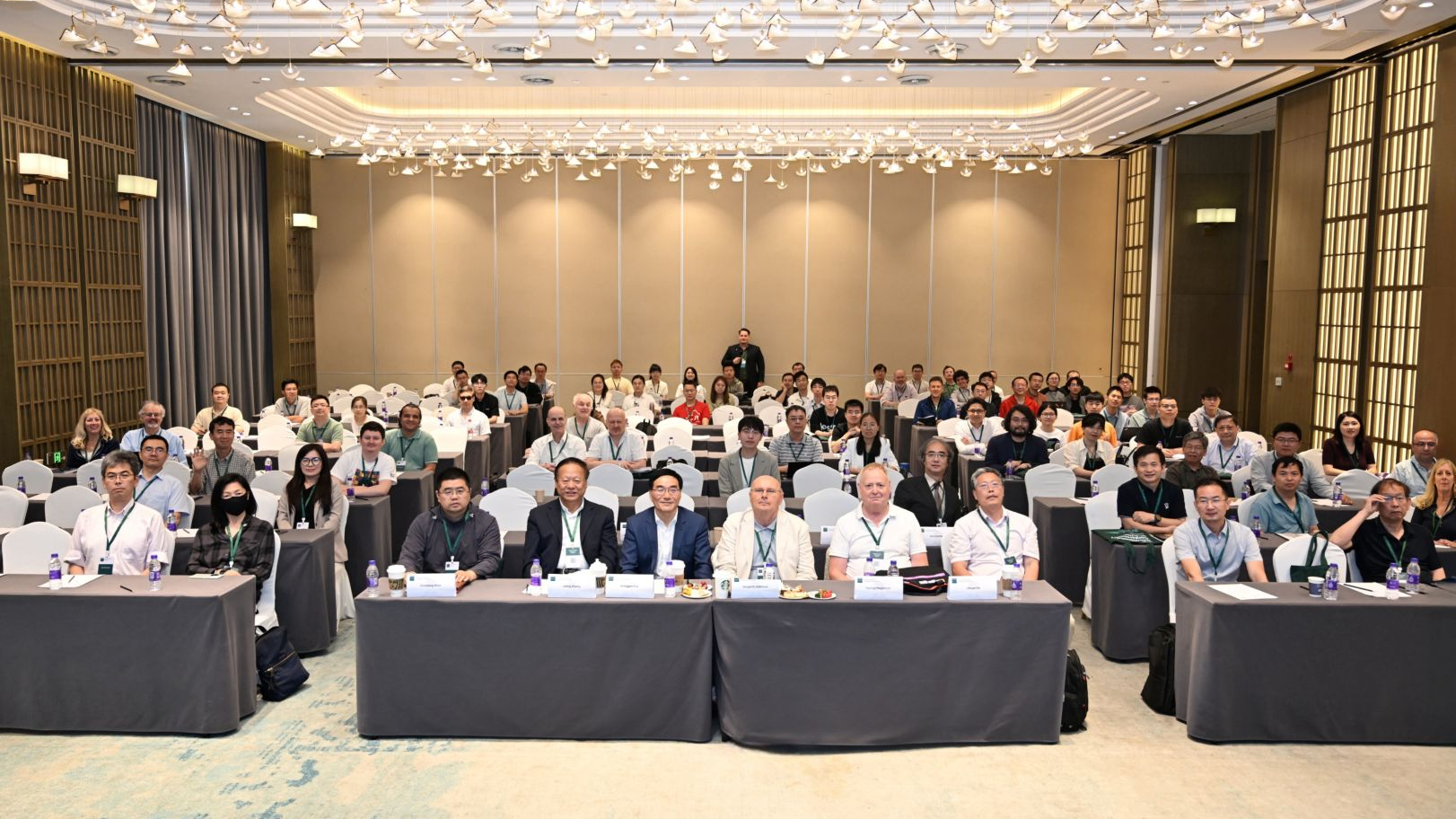
Publication Ethics and Updates at MDPI
Ethics requires a careful consideration of what kind of behaviour is deemed to be ‘right’ and applies across all sorts of industries, including academic publishing. Academic publishing is already complex in terms of the processes involved, and ethics is arguably one of the most complex components.
The importance of ethics in academia lies in safeguarding the research record and preventing its dilution due to malpractice or misconduct, which can lead to all sorts of problems including the introduction of unreliable data. Additionally, maintaining and improving ethical standards guarantees transparency throughout the publication process while ensuring that high-quality and reliable research is published. All of these things are important for research integrity and trust in science and academic writing.
In order to agree upon and implement ethical standards, researchers, editors, institutions and publishers all have a part to play. However, it can be difficult to navigate the ambiguity surrounding ethics.
Thankfully, organizations such as the Committee on Publication Ethics (COPE), Directory of Open Access Journals (DOAJ) and International Association of Scientific, Technical and Medical Publishers (STM) are continuously working to strengthen the ethical frameworks and guidelines that are followed today. They also provide advice on how exactly publishers, editors and researchers can adhere to best-practice guidelines and implement workflows that prioritize ethics.
Here, we’ll be exploring the way that ethical principles can be upheld in the industry and the criteria that standardize practices across the board. We will also look at two recent updates to MDPI journal processes.
Publishing ethics guidelines
Although ethics policies are developed and updated as a result of internal as well as open industry discussions, the Committee on Publication Ethics (COPE) Code of Conduct, guidelines and flowcharts represent the main sources for ethics policies in academic publishing.
COPE
COPE—founded in 1997 to safeguard against research misconduct – established a set of guidelines and core practices that are upheld in academic publishing.
The COPE guidelines laid out the expectations placed on publishers, editors and institutions. The considered guidelines developed by the committee clarify academic publishing expectations and help to formulate industry standards.
The COPE core practices recommend that journals and publishers develop and maintain ‘robust, well described, publicly documented practices’ in areas such as allegations of misconduct, authorship and contribution, data and reproducibility, ethical oversight, and intellectual property to name just a few. COPE also provides flowcharts that detail step-by-step best practice advice. A more complete list of COPE resources can be found on its website.
With academic research being such complex terrain to navigate, clarity is paramount. As such, COPE has, over the years, created a more unified approach to academic publishing ethics within the industry. By establishing ethics standards, COPE ensures that research misconduct is definable, identifiable and preventable.
Protecting against misconduct and malpractice
Industry practices need to be adaptable. This is because new challenges are appearing all the time. These challenges might be related to new technologies or changing publishing practices.
Whatever the case, a strong commitment to ethics helps to enhance the quality of academic research that is being produced as challenges emerge.
Papermills
Having been identified in recent years, papermills represent a particularly troubling issue. Paper mills are, essentially, organizations that produce falsified data and research. The model is profit-oriented and, as has been found by publishers, fairly adaptable to change.
Efforts have been made to crack down on paper mills. For example, the STM integrity hub provides publishers with technology and data to better detect research-integrity-offending manuscripts before publication.
Artificial intelligence
Besides being a useful tool for paper mills, AI also presents a number of challenges within academic publishing and research overall. Firstly, it can cause uncertainty about authorship.
Large Language Models (LLMs) are great for researchers writing in a second, third, etc., language. But, as recognized by publishers, it’s imperative that there is a human author held accountable for the validity of research published in journals. Additionally, the rigor of these tools is limited. To find out more about AI and publication ethics, you can access a previous blog article on the topic.
Continuous collaboration is important when responding to these problems. This is especially the case for papermills as they can adapt fairly quickly; to adapt just as quickly, publishers, editors and institutions have committed to continue working together.
Updates at MDPI
Major publishers such as MDPI continuously adapt their policies to new developments in the industry.
Specifically, MDPI is committed to reviewing policies pertaining to the quality of research. A couple of recent updates to Special Issue (SI) quality guidelines at MDPI—in line with criteria provided by COPE and DOAJ—reflect this commitment. Alongside the SI updates, details regarding the new minor corrections policy introduced in 2024 are provided below.
Quality updates to Special Issues
Upholding the quality of published research is important. Procedures that ensure all research is of a high quality enable publishers to maintain important industry-wide standards. In relation to ethics specifically, detailed quality guidelines assist in the detection of potential instances of malpractice, even in the face of new challenges.
Briefly, Special Issues are collections of papers centered around a specific subject of interest. They’re organized and led by subject experts who’ll then take on the role of Guest Editor of the Special Issue.
They are unique in that they allow researchers to get creative in terms of structure and topics, and they bring together diverse perspectives on the latest research trends.
Both COPE and the Directory of Open Access Journals (DOAJ)—a directory for Open Access material—recently updated their recommendations for Special Issues. Although it is understood that Special Issues should adhere to the same quality guidelines specified for other published research, challenges related to suspicious authorship, fake reviewers and general misconduct have provided impetus for a review of the quality guidelines behind SIs.
Two of the procedures implemented by MDPI in 2024 to enhance the quality of SIs include greater oversight and the verification of Guest Editor credentials. But what does this mean in practice?
Greater oversight
The new guidelines require that Editors-in-Chief (EiCs) take on the responsibility of overseeing Special Issues, as they would oversee the other content published in journals. They may select another Editorial Board member to provide oversight instead where appropriate and to take on responsibility for the Special Issue.
Within a workflow this involves the additional step of first approval by the EiC or Editorial Board member. They are required to check the qualifications of the guest editors as well. Their decisions on any papers within Special Issues will also take priority.
Oversight and clarification of guest editor credentials can help to ensure that accountability for the quality of published research is established and traceable. Relatedly, best-practice guidelines like those provided by COPE can be upheld with greater accountability and transparency. Hence, updates to quality guidelines can also bolster considerations of ethics.
Corrections policy
Following detailed discussions with the industry as a whole, the decision has been made to update the corrections policy at MDPI to ensure greater transparency.
Specifically, an updated minor corrections policy has been introduced this year. The term minor corrections describes any changes that do not alter the original scientific findings or the reliability of published research, such as grammar corrections. This is in contrast to major corrections, which are updates that affect the scientific findings of a paper.
An updated Version of Record (VoR) will also be uploaded for papers with minor corrections. Briefly, a version of record is the final, typeset and edited version of a paper. Creating a new VoR based on minor corrections lends greater transparency to the publication process.
Minor corrections will be accompanied by a footnote in the pdf versions of research works with correction statements provided in the backmatter of the website version.
Future challenges
New technologies and challenges are going to continue to spur change in academic publishing ethics. Recognizing challenges helps publishers to better protect against misconduct and areas that require further consideration.
MDPI continues to review its ethics policies and to work collaboratively with industry actors to safeguard research integrity. To view the most up-to-date MDPI ethics policy, you can visit the website.










